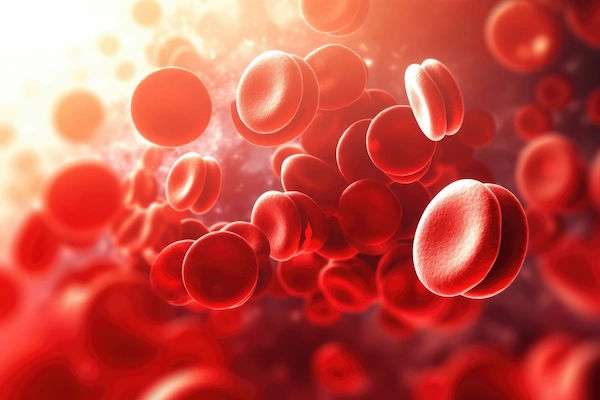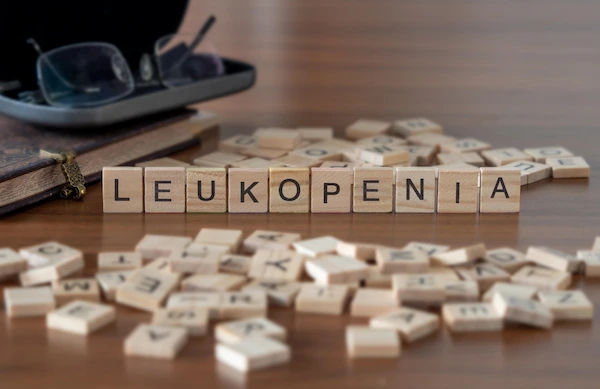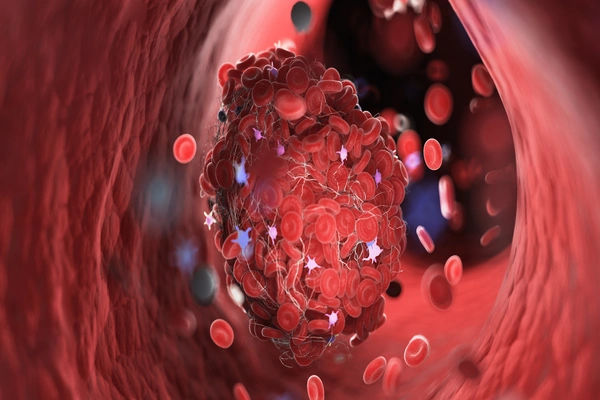- Female
- 26 Years
- 29/01/2025
I'm curious about mild hypochromia and why it happens. What kind of treatments are available for it? Are there any precautions I should be aware of? I'm really looking for some guidance here.
Answered by 1 Apollo Doctors
Mild hypochromia refers to a condition where red blood cells have less hemoglobin than normal, resulting in paler cells it is cuased due to Iron Deficiency Anemia ,Include foods rich in iron, vitamin B12, folate, and vitamin C
Dr. Mubarak Suggests...
Consult a Haematologist
Answered 04/07/2025
0
0

More Haematology Health Queries
View allI'm really concerned about my wife's blood test results. Her hemoglobin is at 9.8, RBC is 3.89, and the ESR value is showing 88. What could these numbers indicate? Should we be worried?
Concerning symptoms! For tightness in the throat and breathing problems, consider consulting: - ENT (Ear, Nose, and Throat) Specialist - Pulmonologist (Lung Specialist) - Allergist (if allergies are suspected) Before consulting, note: - Severity and duration of symptoms - Any triggers or relieving factors - Medical history and existing conditions Seek immediate medical attention if: - Difficulty breathing - Severe throat tightness - Swelling of the face, lips, or tongue
Answered by 1 Apollo Doctors
My mom's hemoglobin is at 5.9. Is that critical? Should we think about admitting her to the hospital today, or is it safe to wait until Monday? I'm really worried and unsure what to do.
A hemoglobin level of 5.9 is quite low and could be critical, especially if your mother is showing symptoms like weakness, dizziness, or shortness of breath. It's important to seek immediate medical attention, ideally today, to avoid complications, as this may require urgent intervention.
Answered by 1 Apollo Doctors
Can I get a tattoo on my arm if I have G6PD deficiency? I'm worried because tattoo ink has isopropyl in it. Does that affect people with my condition? I'm hoping to get some guidance on whether it's safe or not.
Having G6PD deficiency means you have a genetic condition that affects the red blood cells. Isopropyl alcohol is commonly found in tattoo ink and products. While there is limited information on the direct effects of isopropyl alcohol on individuals with G6PD deficiency, it is generally recommended to avoid substances that may trigger a hemolytic crisis. To be safe, it is best to choose tattoo ink that does not contain isopropyl alcohol. You can consult with your healthcare provider for further guidance on safe tattooing options.
Answered by 1 Apollo Doctors
Disclaimer: Answers on Apollo 247 are not intended to replace your doctor advice. Always seek help of a professional doctor in case of an medical emergency or ailment.

.webp)


 Symptoms, Causes, and Care.webp)
